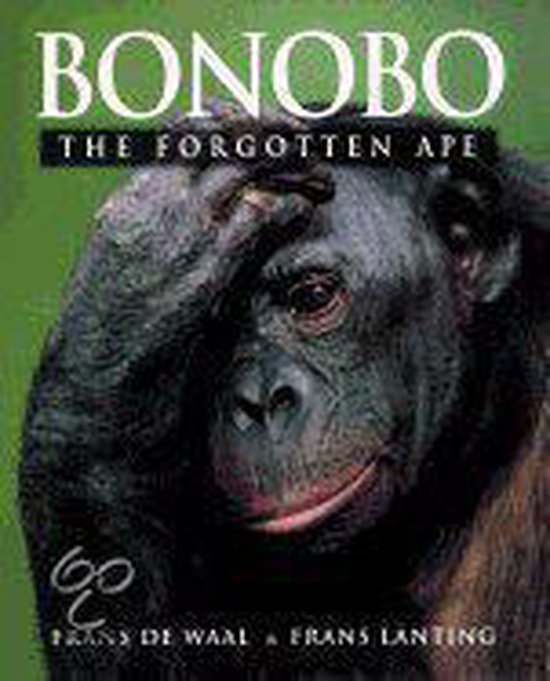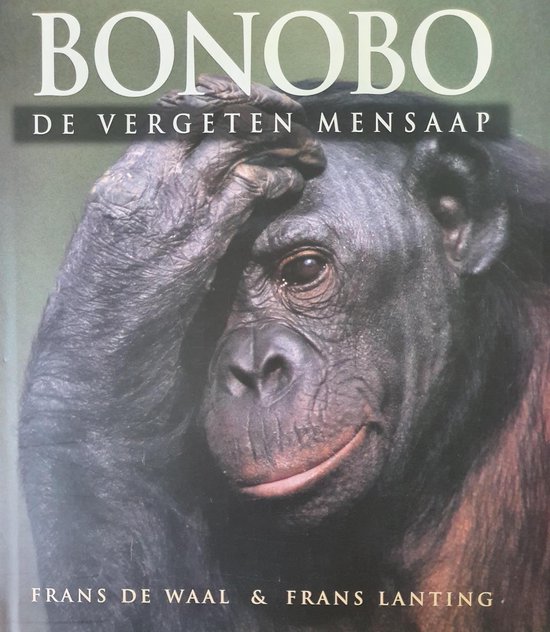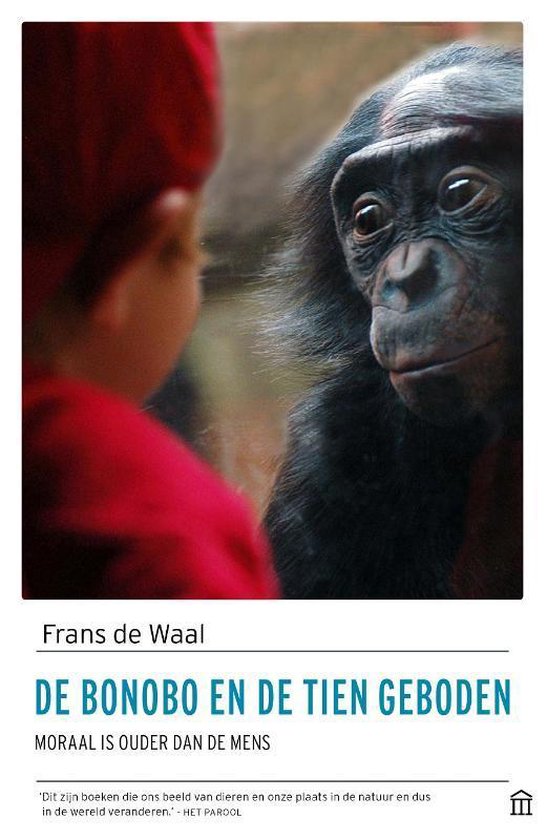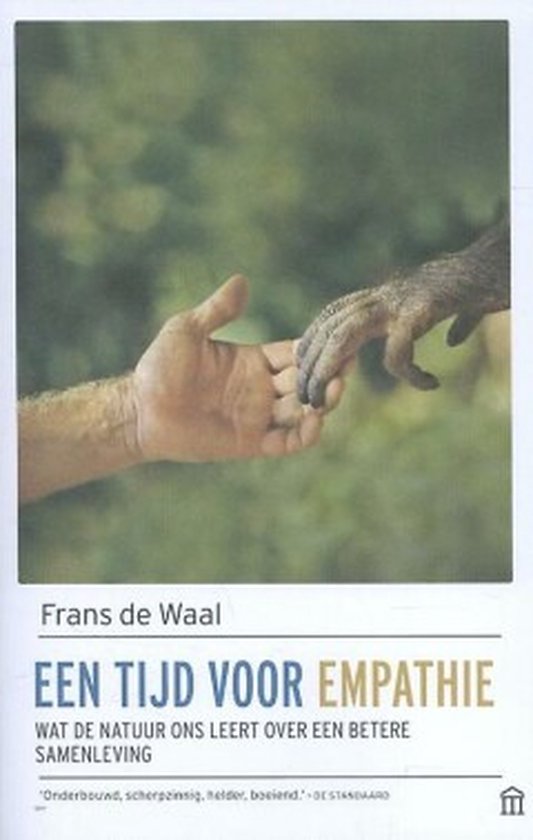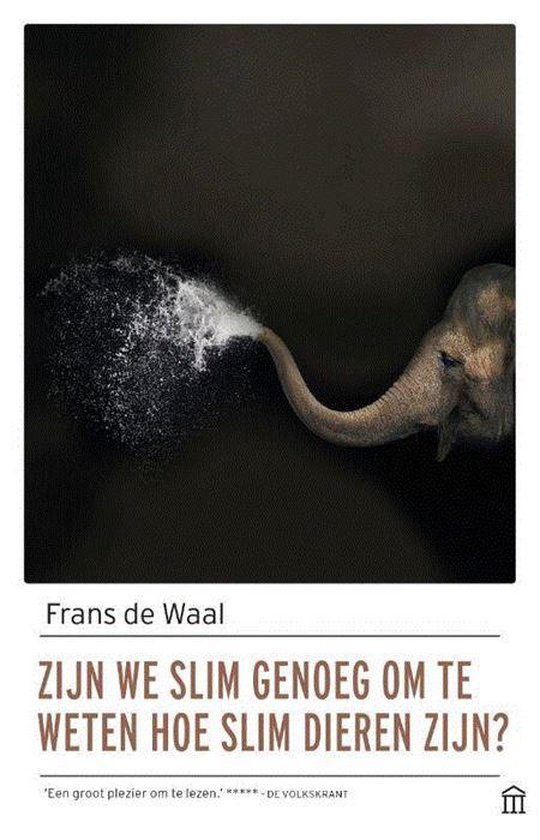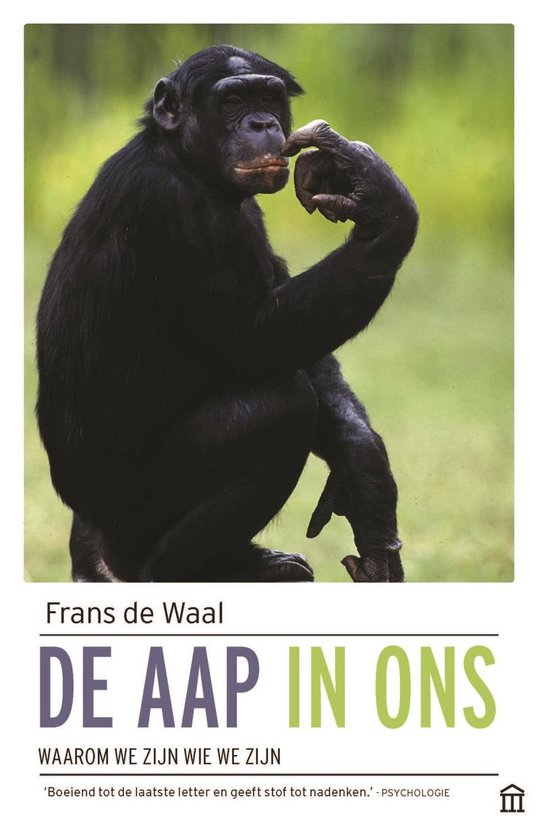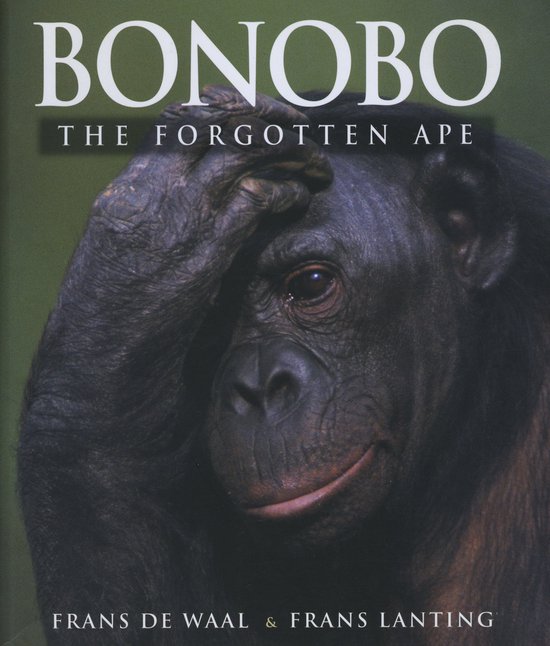
Bonobo
The bonobo, least known of the great apes, is a female-centered, egalitarian species that has been dubbed the 'make-love-not-war' primate by specialists. This book compares the bonobo with its better-known relative, the chimpanzee. It is suitable for those who are interested in primates, gender issues, and evolutionary psychology.
"Here at last is a book that will give the fourth great ape the visibility that this wonderful species deserves. You will learn that bonobos are not just 'little' chimpanzees, but are every bit as different from chimpanzees as chimpanzees are from gorillas. If you care about the great apes, this book, with its superb photographs and vivid text, is a must."—Jane Goodall
"Bonobo provides a tantalizing introduction into the natural history of one of our closest living relatives and uniquely enhances our understanding of our own place in Nature. Anyone who has the pleasure of reading this book will come away with deeper insights into why we humans behave the way we do. We should not be afraid of acknowledging the Bonobo in all of us."—Don Johanson, Director, Institute of Human Origins
"With this book, de Waal and Lanting ask us to give bonobos their due—to be considered along side the better known common chimpanzee as close human cousins. How nice to have the peaceable, sexy, bonobo added to the path of human evolution! Bonobos represent the silver lining in our ape heritage."—Meredith Small, author of What's Love Got to Do With It? The Evolution of Human Mating
"As a chronicler of natural history today, Frans Lanting is a singular, extraordinary talent. He has the mind of a scientist, the heart of a hunter, and the eyes of a poet. He is as persistent, adaptable, and hard as the wild creatures he observes. His bonobo photographs bring us face-to-face with a group of highly endangered apes. Eerily, aspects of their behavior mirror our own."—Thomas R. Kennedy, Director of Photography, National Geographic Society
This remarkable primate with the curious name is challenging established views on human evolution. The bonobo, least known of the great apes, is a female-centered, egalitarian species that has been dubbed the 'make-love-not-war' primate by specialists. In bonobo society, females form alliances to intimidate males, sexual behavior (in virtually every partner combination) replaces aggression and serves many social functions, and unrelated groups mingle instead of fighting. The species' most striking achievement is not tool use or warfare but sensitivity to others. In the first book to combine and compare data from captivity and the field, Frans de Waal, a world-renowned primatologist, and Frans Lanting, an internationally acclaimed wildlife photographer, present the most up-to-date perspective available on the bonobo. Focusing on social organization, de Waal compares the bonobo with its better-known relative, the chimpanzee. The bonobo's relatively nonviolent behavior and the tendency for females to dominate males confront the evolutionary models derived from observing the chimpanzee's male power politics, cooperative hunting, and intergroup warfare. Further, the bonobo's frequent, imaginative sexual contacts, along with its low reproduction rate, belie any notion that the sole natural purpose of sex is procreation. Humans share over 98 percent of their genetic material with the bonobo and the chimpanzee. Is it possible that the peaceable bonobo has retained traits of our common ancestor that we find hard to recognize in ourselves? Eight superb full-color photo essays offer a rare view of the bonobo in its native habitat in the rain forests of Zaire as well as in zoos and research facilities. Additional photographs and highlighted interviews with leading bonobo experts complement the text. This book points the way to viable alternatives to male-based models of human evolution and will add considerably to debates on the origin of our species. Anyone interested in primates, gender issues, evolutionary psychology, and exceptional wildlife photography will find a fascinating companion in "Bonobo: The Forgotten Ape".
"Here at last is a book that will give the fourth great ape the visibility that this wonderful species deserves. You will learn that bonobos are not just 'little' chimpanzees, but are every bit as different from chimpanzees as chimpanzees are from gorillas. If you care about the great apes, this book, with its superb photographs and vivid text, is a must."—Jane Goodall
"Bonobo provides a tantalizing introduction into the natural history of one of our closest living relatives and uniquely enhances our understanding of our own place in Nature. Anyone who has the pleasure of reading this book will come away with deeper insights into why we humans behave the way we do. We should not be afraid of acknowledging the Bonobo in all of us."—Don Johanson, Director, Institute of Human Origins
"With this book, de Waal and Lanting ask us to give bonobos their due—to be considered along side the better known common chimpanzee as close human cousins. How nice to have the peaceable, sexy, bonobo added to the path of human evolution! Bonobos represent the silver lining in our ape heritage."—Meredith Small, author of What's Love Got to Do With It? The Evolution of Human Mating
"As a chronicler of natural history today, Frans Lanting is a singular, extraordinary talent. He has the mind of a scientist, the heart of a hunter, and the eyes of a poet. He is as persistent, adaptable, and hard as the wild creatures he observes. His bonobo photographs bring us face-to-face with a group of highly endangered apes. Eerily, aspects of their behavior mirror our own."—Thomas R. Kennedy, Director of Photography, National Geographic Society
This remarkable primate with the curious name is challenging established views on human evolution. The bonobo, least known of the great apes, is a female-centered, egalitarian species that has been dubbed the 'make-love-not-war' primate by specialists. In bonobo society, females form alliances to intimidate males, sexual behavior (in virtually every partner combination) replaces aggression and serves many social functions, and unrelated groups mingle instead of fighting. The species' most striking achievement is not tool use or warfare but sensitivity to others. In the first book to combine and compare data from captivity and the field, Frans de Waal, a world-renowned primatologist, and Frans Lanting, an internationally acclaimed wildlife photographer, present the most up-to-date perspective available on the bonobo. Focusing on social organization, de Waal compares the bonobo with its better-known relative, the chimpanzee. The bonobo's relatively nonviolent behavior and the tendency for females to dominate males confront the evolutionary models derived from observing the chimpanzee's male power politics, cooperative hunting, and intergroup warfare. Further, the bonobo's frequent, imaginative sexual contacts, along with its low reproduction rate, belie any notion that the sole natural purpose of sex is procreation. Humans share over 98 percent of their genetic material with the bonobo and the chimpanzee. Is it possible that the peaceable bonobo has retained traits of our common ancestor that we find hard to recognize in ourselves? Eight superb full-color photo essays offer a rare view of the bonobo in its native habitat in the rain forests of Zaire as well as in zoos and research facilities. Additional photographs and highlighted interviews with leading bonobo experts complement the text. This book points the way to viable alternatives to male-based models of human evolution and will add considerably to debates on the origin of our species. Anyone interested in primates, gender issues, evolutionary psychology, and exceptional wildlife photography will find a fascinating companion in "Bonobo: The Forgotten Ape".
| Auteur | | Frans de Waal |
| Taal | | Engels |
| Type | | Paperback |
| Categorie | | Wetenschap & Natuur |
